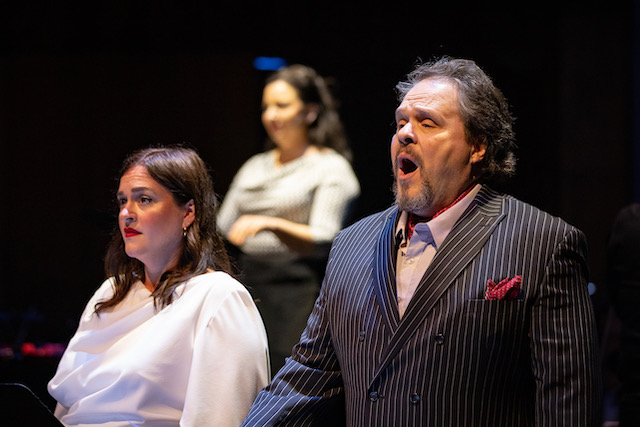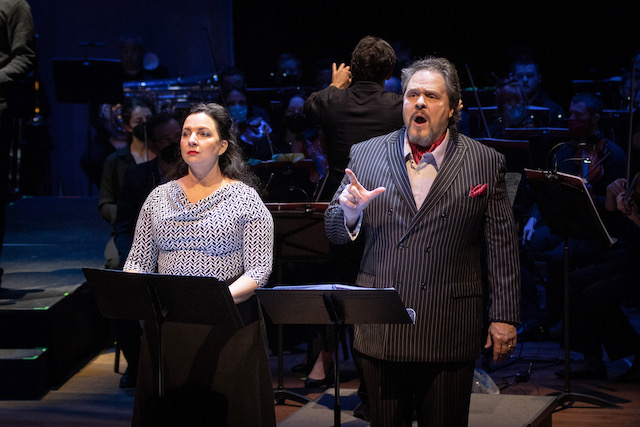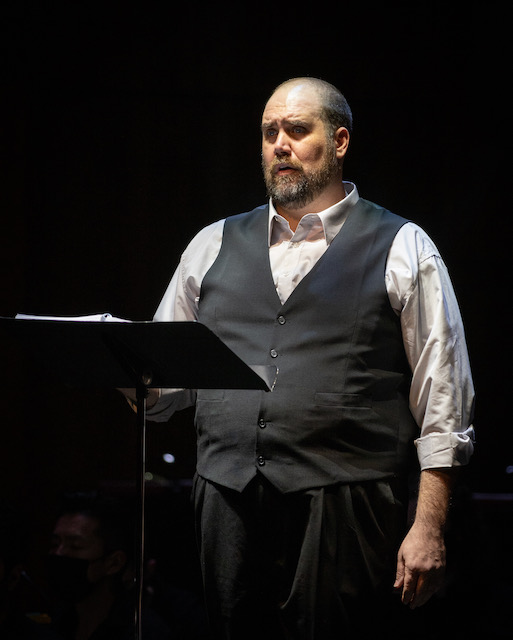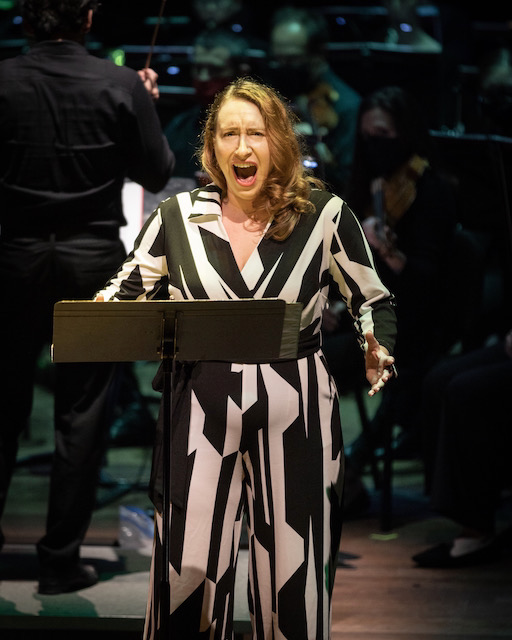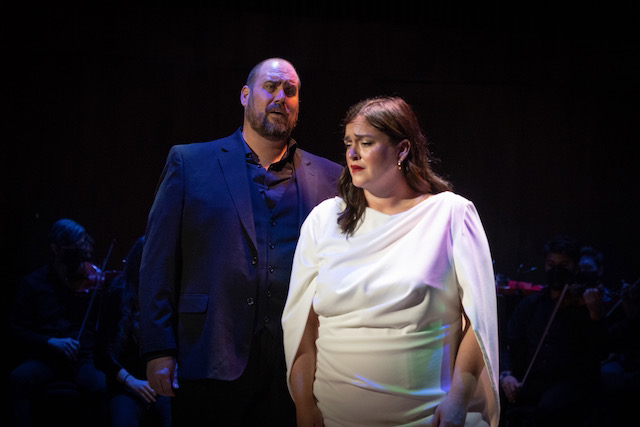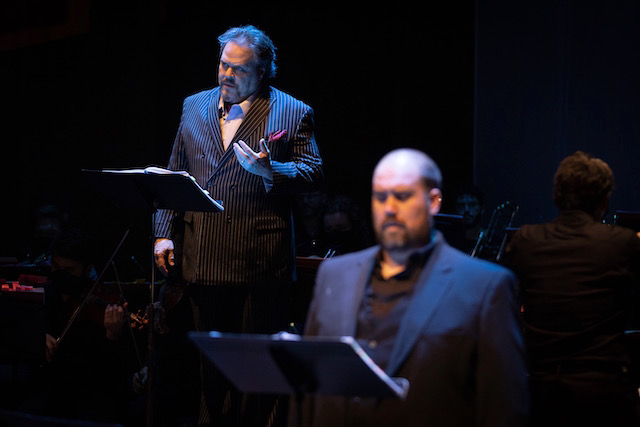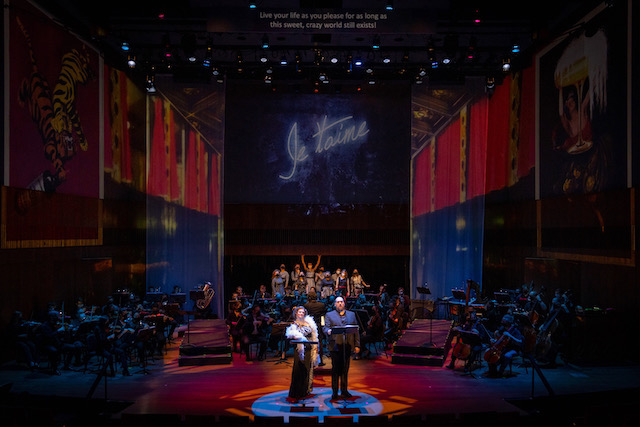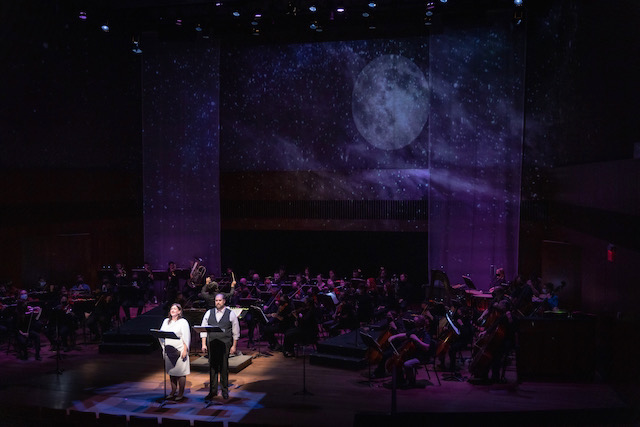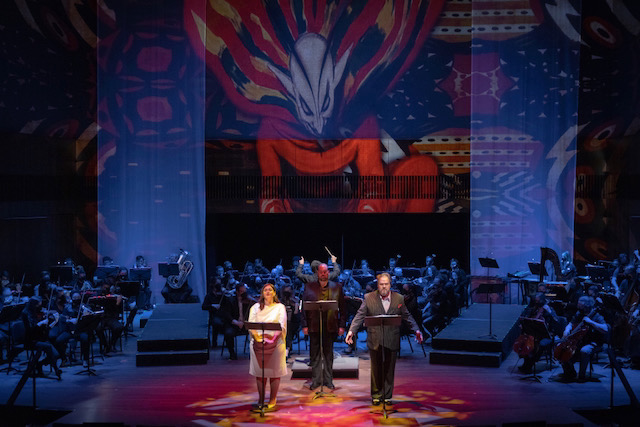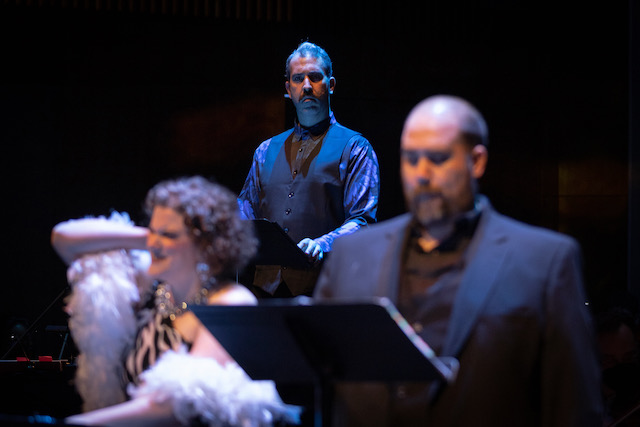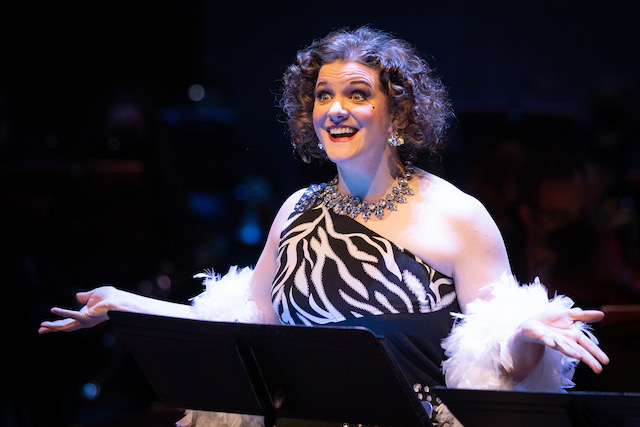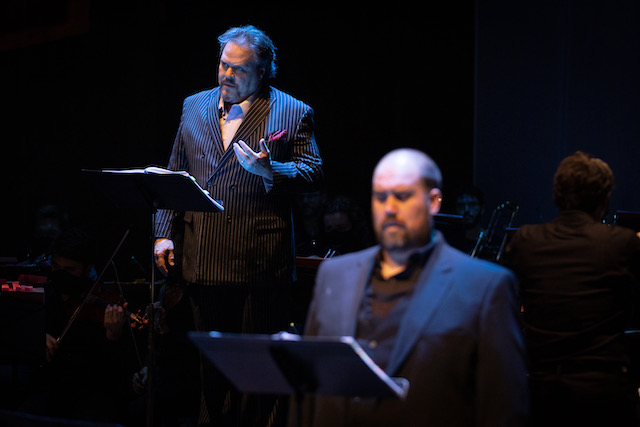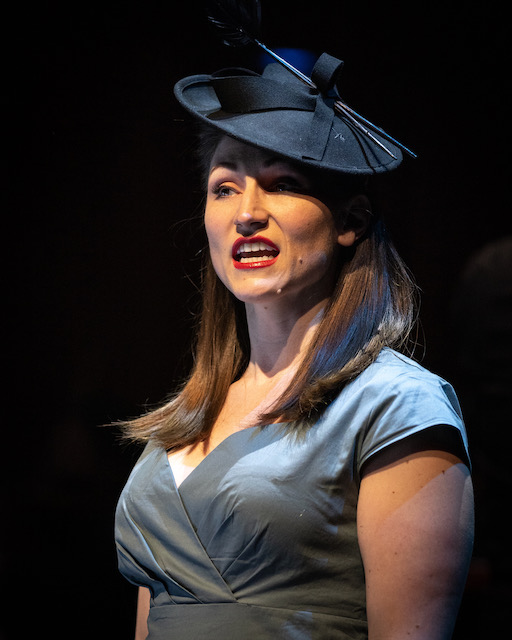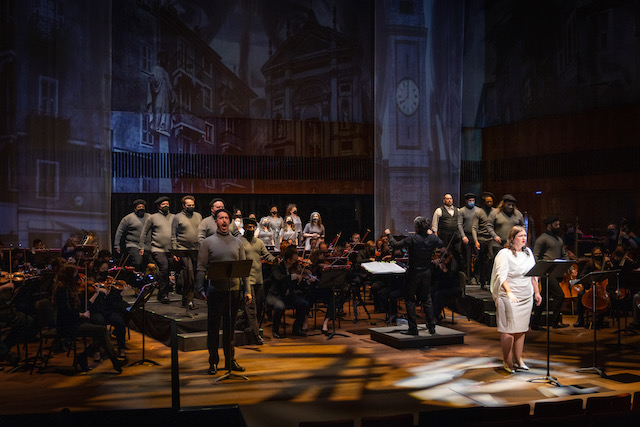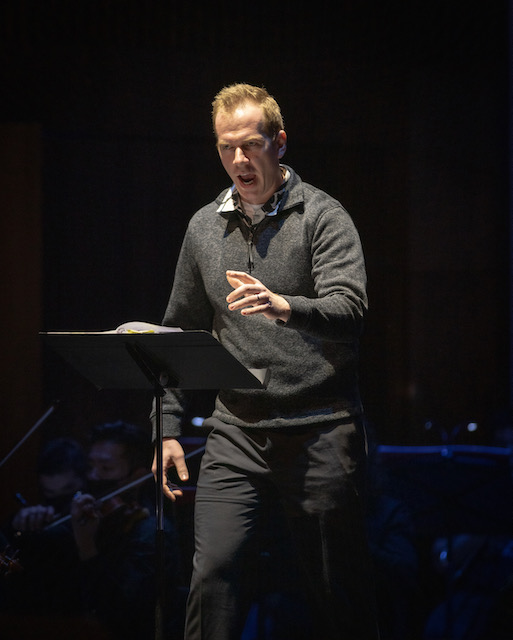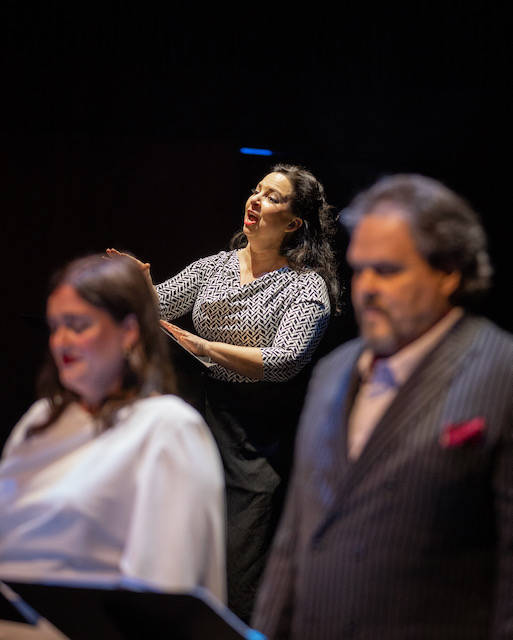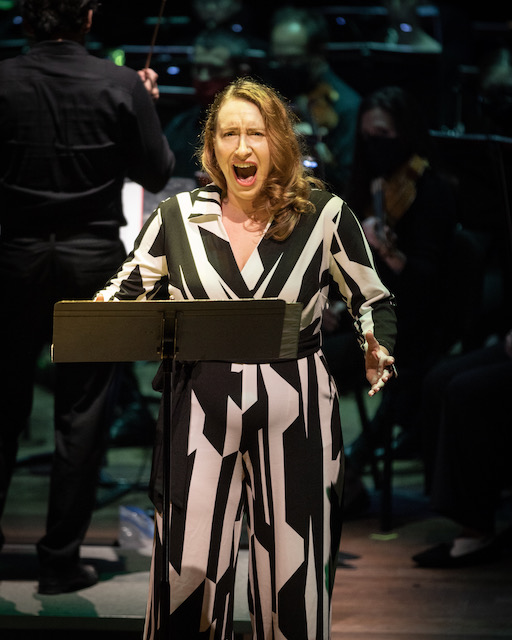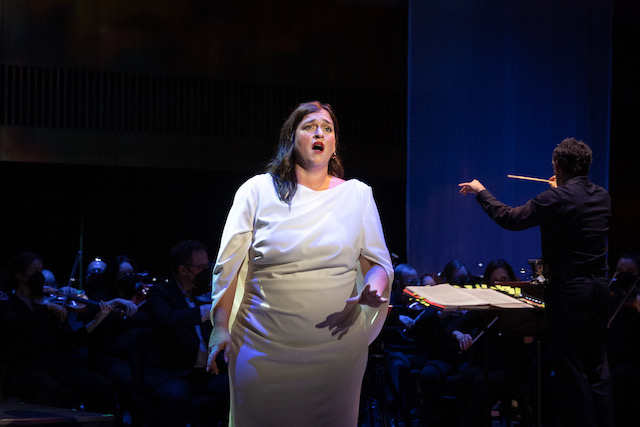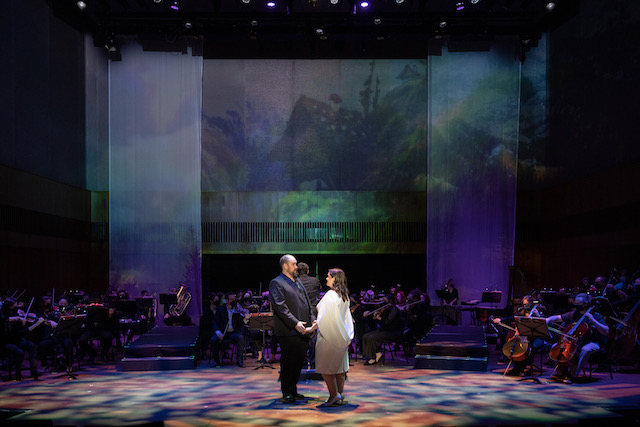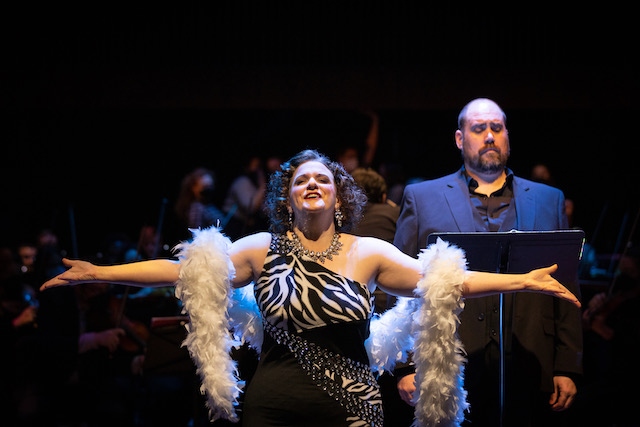The American premiere of Erich Wolfgang Korngold’s last opera, Die Kathrin. This rarely-performed 1937 opera was written between the two wars and at the height of Korngold’s creative powers. Korngold was a master of vocal and orchestral writing, and Die Kathrin is no exception. With its dramatic story and lush, romantic score, the opera is a throwback to the turn of the twentieth century, a stylistic bridge between old Vienna and the rich sound of the classic Hollywood soundtrack. It tells a story of perseverance and the unending power of love.
Soprano Ann Toomey, tenor Corey Bix, baritone Mark Delevan, and coloratura soprano Stacey Tappan lead the all-star cast.
Anthony Barrese conducts the 63-piece orchestra.
Elizabeth Margolius directs the semi-staged production.
These performances are generously sponsored by Maurice J. and Lois R. Beznos with additional support from Northern Trust and David and Jennifer Rettig
Brief Synopsis
Kathrin, a young Swiss woman, meets and falls in love with François, a young French street singer who is serving his tour of duty as a soldier. After François is discharged and moves on, Kathrin discovers that she is pregnant with his child. She embarks upon a perilous journey to reunite with her child’s father. Eventually, she finds him in a nightclub in Marseille, but the nightclub’s owner, Malignac, prevents her from seeing François and attempts to seduce her. When Malignac is shot dead by a former lover, François is arrested and imprisoned for the murder. Finally, years after she has returned to her village in Switzerland, François appears and the family is reunited.
- Conductor, Anthony Barrese
- Director, Elizabeth Margolius
- Lighting Designer, Charles Cooper
- Projection Designer, Rasean Davonte Johnson
- Costume Designer, Theresa Ham
- Chorus Master, Christopher Owens
Background
Die Kathrin (Kathrin) was Korngold’s last opera. He started writing the score in 1933 during a period when he was re-orchestrating the operettas of Johann Strauss Jr. and Leo Fall. Die Kathrin was scheduled for its first performance in Vienna in 1938. However, with the changing political climate, it became clear that the show, with its love story between a German woman and a Belgian soldier in the occupied Rhineland, would not be acceptable to Nazi censors. To circumvent this problem, Korngold’s wife Luzi made modifications to the original libretto by Ernst Decsey. The main protagonist, Kathrin, was now Swiss instead of German. Unfortunately, these changes did not placate the Nazi censors. After all, Kathrin may have changed her nationality, but Korngold was still Jewish. Die Kathrin finally received its world premiere in Sweden in 1939, where it faced overtly harsh and anti-Semitic reviews. The show was almost lost forever when Nazis broke into the Korngold villa to destroy his work. Michael Haas, in his book Forbidden Music, writes: “[Josef] Weinberger [Publishing House] employees broke into the cellar, recovered what was left of the manuscript, and returned it to Korngold by interleaving sheets between pages of Beethoven, Mozart and other acceptably “Aryan” composers and posting them to the composer in California.” It was finally given its Viennese premiere in 1950, but the sold-out run was shut down after the lead soprano received death threats. The Viennese critics were no better: they savaged the show. They felt that it was not modern enough for post-war tastes, and that its lush, romantic harmonic language was out of date. Any music that was a reminder of pre-war Vienna was frowned upon and not considered suitable for a modern Austria. There was also a deeply entrenched presence of Nazi sympathizers in major European artistic institutions after the war. These factors conspired to bury Die Kathrin for years to come. We believe that this opera never got a fair hearing. There is no doubt that the show, partly due to Korngold’s concurrent work on the re-orchestrations of various Johann Strauss operettas, has many similar qualities to operetta. However, Korngold’s orchestration for Die Kathrin is much more lush and demanding, requiring singers with larger voices. Die Kathrin contains some of Korngold’s finest music. The work has seldom been performed, but the music is compelling and masterfully written. It deserves to be heard by today’s audiences.

